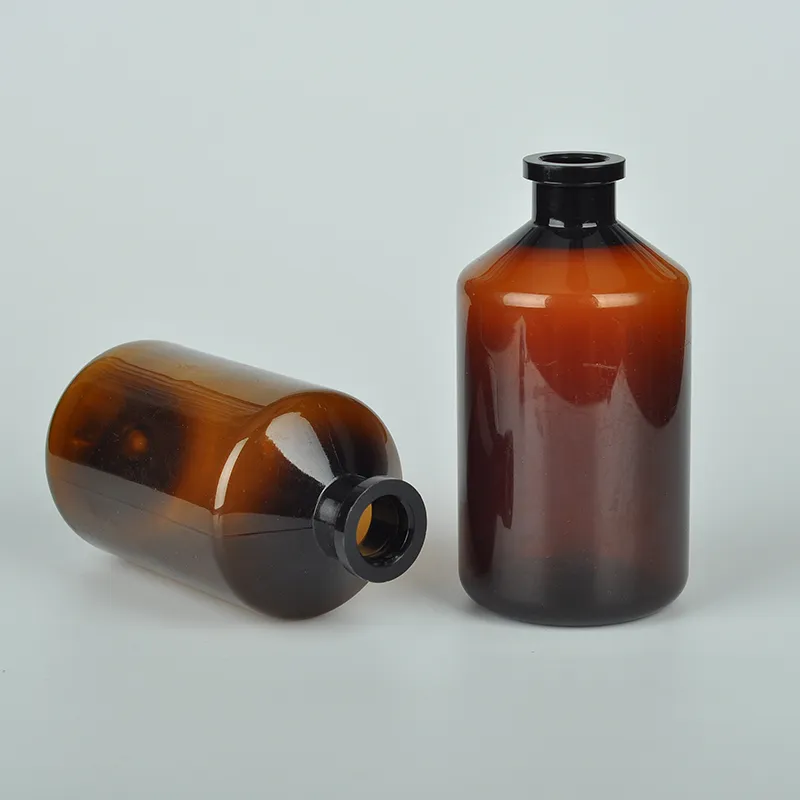
-
 Afrikaans
Afrikaans -
 Albanian
Albanian -
 Amharic
Amharic -
 Arabic
Arabic -
 Armenian
Armenian -
 Azerbaijani
Azerbaijani -
 Basque
Basque -
 Belarusian
Belarusian -
 Bengali
Bengali -
 Bosnian
Bosnian -
 Bulgarian
Bulgarian -
 Catalan
Catalan -
 Cebuano
Cebuano -
 Corsican
Corsican -
 Croatian
Croatian -
 Czech
Czech -
 Danish
Danish -
 Dutch
Dutch -
 English
English -
 Esperanto
Esperanto -
 Estonian
Estonian -
 Finnish
Finnish -
 French
French -
 Frisian
Frisian -
 Galician
Galician -
 Georgian
Georgian -
 German
German -
 Greek
Greek -
 Gujarati
Gujarati -
 Haitian Creole
Haitian Creole -
 hausa
hausa -
 hawaiian
hawaiian -
 Hebrew
Hebrew -
 Hindi
Hindi -
 Miao
Miao -
 Hungarian
Hungarian -
 Icelandic
Icelandic -
 igbo
igbo -
 Indonesian
Indonesian -
 irish
irish -
 Italian
Italian -
 Japanese
Japanese -
 Javanese
Javanese -
 Kannada
Kannada -
 kazakh
kazakh -
 Khmer
Khmer -
 Rwandese
Rwandese -
 Korean
Korean -
 Kurdish
Kurdish -
 Kyrgyz
Kyrgyz -
 Lao
Lao -
 Latin
Latin -
 Latvian
Latvian -
 Lithuanian
Lithuanian -
 Luxembourgish
Luxembourgish -
 Macedonian
Macedonian -
 Malgashi
Malgashi -
 Malay
Malay -
 Malayalam
Malayalam -
 Maltese
Maltese -
 Maori
Maori -
 Marathi
Marathi -
 Mongolian
Mongolian -
 Myanmar
Myanmar -
 Nepali
Nepali -
 Norwegian
Norwegian -
 Norwegian
Norwegian -
 Occitan
Occitan -
 Pashto
Pashto -
 Persian
Persian -
 Polish
Polish -
 Portuguese
Portuguese -
 Punjabi
Punjabi -
 Romanian
Romanian -
 Russian
Russian -
 Samoan
Samoan -
 Scottish Gaelic
Scottish Gaelic -
 Serbian
Serbian -
 Sesotho
Sesotho -
 Shona
Shona -
 Sindhi
Sindhi -
 Sinhala
Sinhala -
 Slovak
Slovak -
 Slovenian
Slovenian -
 Somali
Somali -
 Spanish
Spanish -
 Sundanese
Sundanese -
 Swahili
Swahili -
 Swedish
Swedish -
 Tagalog
Tagalog -
 Tajik
Tajik -
 Tamil
Tamil -
 Tatar
Tatar -
 Telugu
Telugu -
 Thai
Thai -
 Turkish
Turkish -
 Turkmen
Turkmen -
 Ukrainian
Ukrainian -
 Urdu
Urdu -
 Uighur
Uighur -
 Uzbek
Uzbek -
 Vietnamese
Vietnamese -
 Welsh
Welsh -
 Bantu
Bantu -
 Yiddish
Yiddish -
 Yoruba
Yoruba -
 Zulu
Zulu
medicine bottles recyclable
The Importance of Recycling Medicine Bottles
In our increasingly eco-conscious world, recycling has become a paramount focus, and one of the often-overlooked areas where we can make a significant impact is in the recycling of medicine bottles. Every day, millions of individuals reach for various medications to address their health needs, but the question remains what happens to those bottles once they’re empty? Understanding the importance of recycling these containers is crucial in the fight against pollution and environmental degradation.
The Importance of Recycling Medicine Bottles
One of the key benefits of recycling medicine bottles is the conservation of resources. Producing new plastic or glass from raw materials requires a significant amount of energy and water, not to mention the emission of greenhouse gases. By recycling, we lessen the demand for virgin materials and conserve energy, thereby reducing our carbon footprint. For instance, when we recycle plastic, we can produce new plastic products with a lower environmental impact compared to producing them from scratch.
medicine bottles recyclable

Moreover, recycling medicine bottles helps to decrease pollution. When non-recyclable materials are disposed of improperly, they can leach harmful chemicals into the soil and waterways, posing serious risks to wildlife and human health. For example, pharmaceuticals can enter the ecosystem through improper disposal, affecting aquatic life and potentially contaminating drinking water sources. By ensuring that these products are recycled correctly, we help minimize these risks.
In addition to environmental benefits, recycling medicine bottles can foster a sense of responsibility and awareness among individuals and communities. Educating people about the importance of recycling not only these bottles but also other recyclable materials encourages a more sustainable lifestyle. Schools, community centers, and local organizations can play a crucial role by promoting workshops and campaigns that inform the public about proper recycling methods and the positive impacts of these actions on the environment.
However, it’s essential to recognize the barriers that still exist. Many people remain unaware of local recycling regulations or do not know how to prepare and dispose of medicine bottles properly. Therefore, local governments and health organizations should collaborate to provide clear guidelines and easy access to recycling bins specifically designated for medicine bottles.
In conclusion, recycling medicine bottles is a straightforward yet powerful action, contributing significantly to environmental sustainability. From conserving resources and reducing pollution to fostering community awareness, the benefits of recycling these everyday containers are profound. As individuals, we can make a tangible difference by committing to proper disposal methods and engaging in local recycling initiatives. By doing so, we not only take care of our planet but also pave the way for future generations to thrive in a cleaner, healthier environment.
-
PTFE Centrifuge Tubes - Chemical Resistant, Leak-proof, Ideal for Laboratory UseNewsJul.05,2025
-
Premium Metal Dropper Bottle for Precise Dispensing 250ml & 1ml Options AvailableNewsJul.04,2025
-
20 ml Headspace Vials - High Quality Polyethylene & Plastic Vials for Lab UseNewsJul.04,2025
-
Small Bottle with Pipette - Precise Dispensing 100ml Pipette Bottles for Essential Oils & Lab UseNewsJun.24,2025
-
Acetic Anhydride Bottle for Accurate Dropper Measurement in Pharmacy Use High-Quality Dropper BottlesNewsJun.10,2025
-
Innovative PET Bottle Design for Juice – Unique Shapes & Customization OptionsNewsJun.10,2025






















